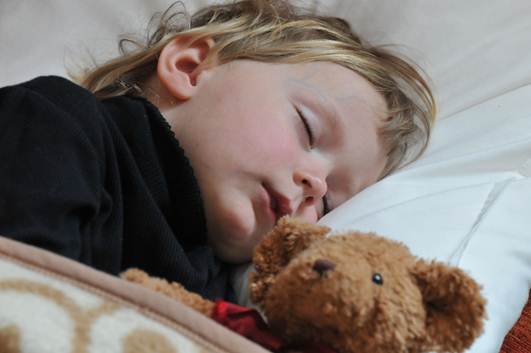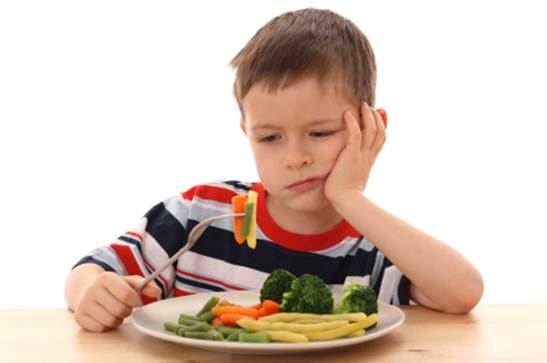You should follow the advice below to help your children to
get rid of bad habits.
The fondness in sweets
There’re sweets, sugary drinks like cakes, candies, cokes…
Children really like sweets, but having those foods in long term can cause
negative effects on their health and developments.

Children really
like sweets, but having those foods in long term can cause negative effects on
their health and developments.
According to nutrition specialists, pure water is considered
to be the main drink for children. Juice and skim milk are also good drinks to
drink in addition. Apples, cheese cakes or yogurt is ideal snack, a part from
main meals, and good alternate for sweets.
Nose-picking
Nose-picking is a bad habit that can increase the risk of
getting infected from the nose and spreading diseases to others. If your
children have such kind of habit, you should remind them not to pick nose,
clean hands and use clean and soft towels to clean nose. Besides, you should seek
for environmental factors that make your children’s nose itchy, for example,
allergies, dry, hot air, to have timely solutions, help children reduce the discomfort
and frequency of nose picking.
Nail biting
Nail biting is one of infectious and harmful factors to the
skin around the nail. According to psychological analyses, nail biting is a
sign of boredom or psychological stress. To improve the situation, you should
encourage children to take part in gentle activities like walking, listening to
music, drawing… to help children be happy, excited and focused on other
activities.
Lack of sleep

Lack of sleep
makes children piggish, tired and affects their grades.
Lack of sleep makes children piggish, tired and affects
their grades. You should ask them not to stay up late, watch violent movies or
do things that stimulate their mind before going to sleep. The ideal condition
for children to have good sleep requires the following elements: no TV, dim-light
room, quiet space, cleanliness and airiness.
According to researches, kindergarten children need to sleep
11-13 hours a day; ones who are 5-10 years old need to sleep 10-11 hours a day
while ones who are older than 10 need to sleep 8.5-9.25 hours.
Skip breakfast
To children, breakfast is the most important meal in a day.
If children skip breakfast, they won’t receive enough nutrients for physical
and intellectual activities, as well as have the risk of obesity.
Therefore, you need to help children make time for breakfast
before they go to school. Breakfasts should be rich in protein and fibers, such
as eggs, milk, cereal, low-fat cheese…
Watch TV and play video games

Many researches
prove that spending long time on TV and computer is really harmful to
children’s health.
Many researches prove that spending long time on TV and
computer is really harmful to children’s health. To reduce the bad effects of
those children’s long-term habits, you should make rules about watching TV and
playing video games: children who are under 2 years old shouldn’t watch TV, so
don’t place TVs in the rooms of babies, eat while watching TV, play video games
in more than 2 hours a day. Of course, to practice the rule, you have to
sacrifice for being a model, reduce the time you watch TV and play video
games.
Be in active in taking part of activities, especially outdoor ones
The bad habit doesn’t directly relate to children, but is
part of the fact that parents are busy and being careless to children.
Specialists recommend you join with your children in an outdoor trip at least
once a week with activities like walking, cycling, playing games…
Outdoor activities help stimulate physical developments, are
good for eyes and brain, as well as provide children with vitamin D which
support bone’s developments.
Picky children

Picky children are
just interested in a few foods.
It’s not hard to find a picky child around us; most of them
have malnutrition. Specialists who study on children share that being picky is
a normal reaction of children in a specific period of time, and parents
shouldn’t be overreacting on this situation but find solutions for it. Also,
they need to know that being picky means that children are only interested in a
few foods, which cause them nutritional imbalance.
Therefore, if your children don’t like a food, you shouldn’t
remove it from the list right away but be patient, change the way to cook the
food and let children try it again. If the children are insisted on not eating
the food, you shouldn’t force them to eat, but you should let they skip a meal,
and they will eat normally on the next one.